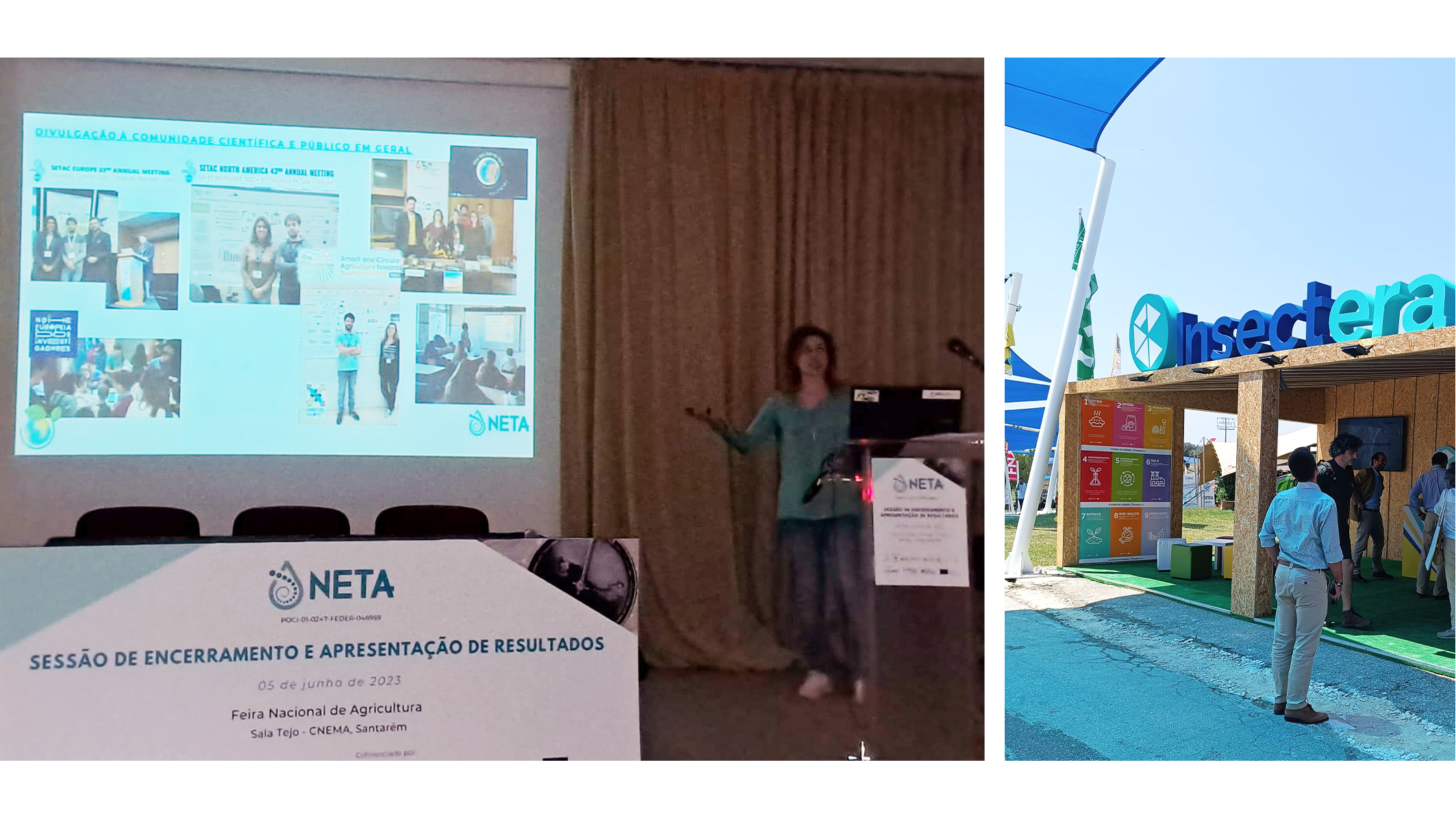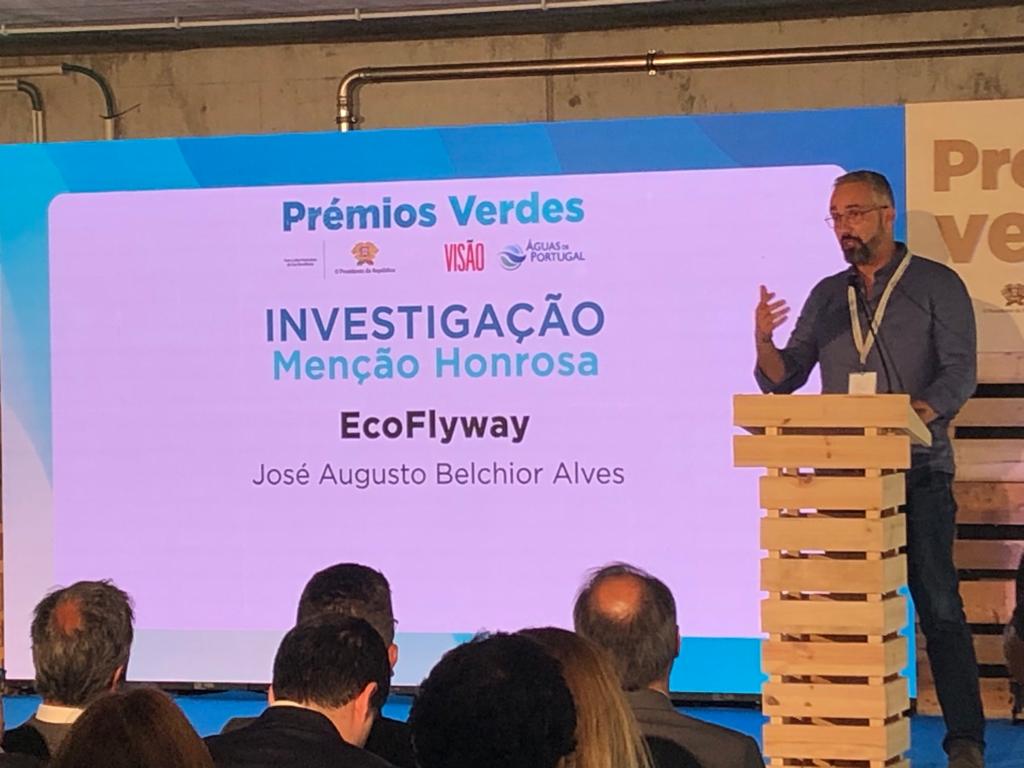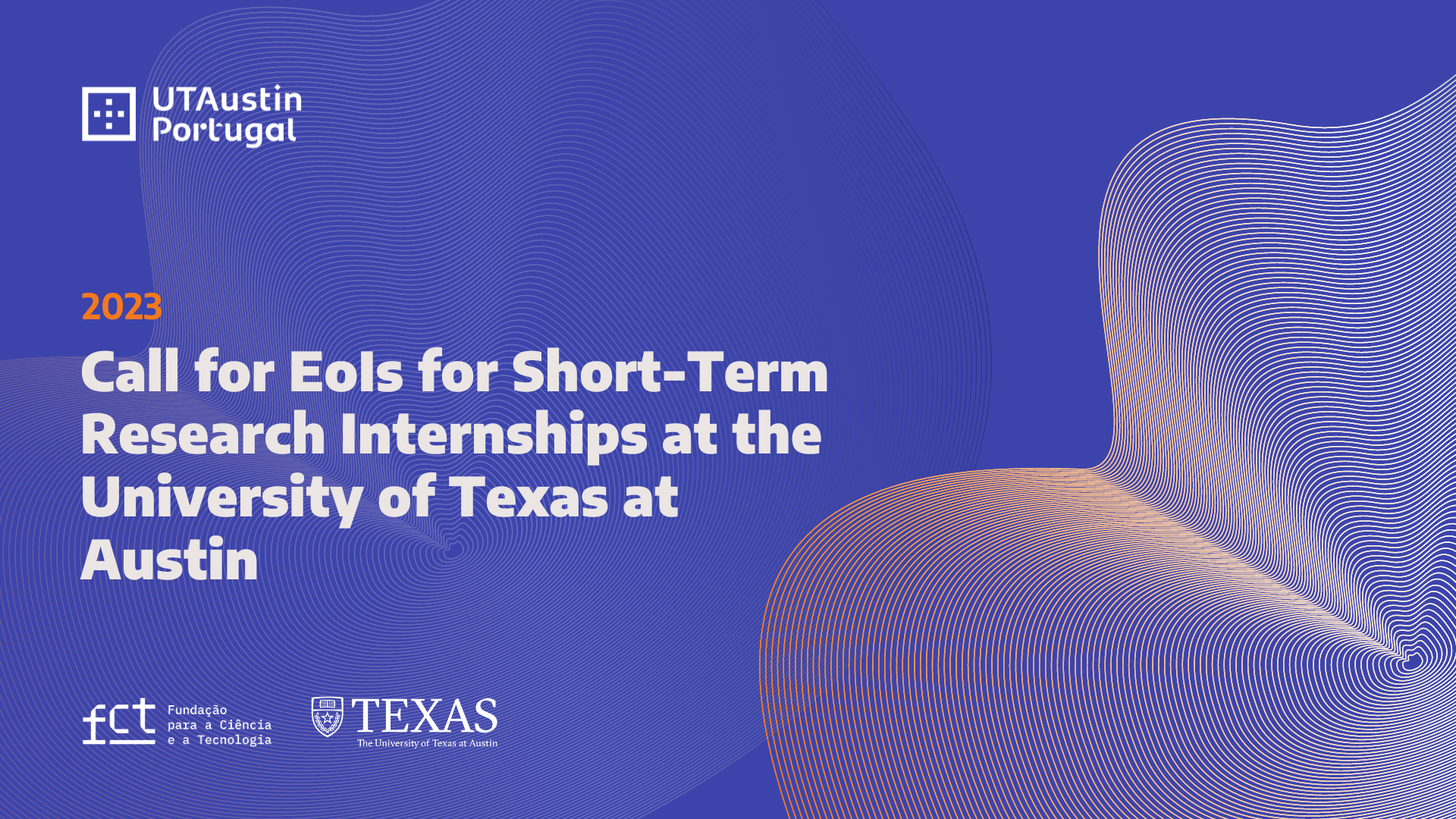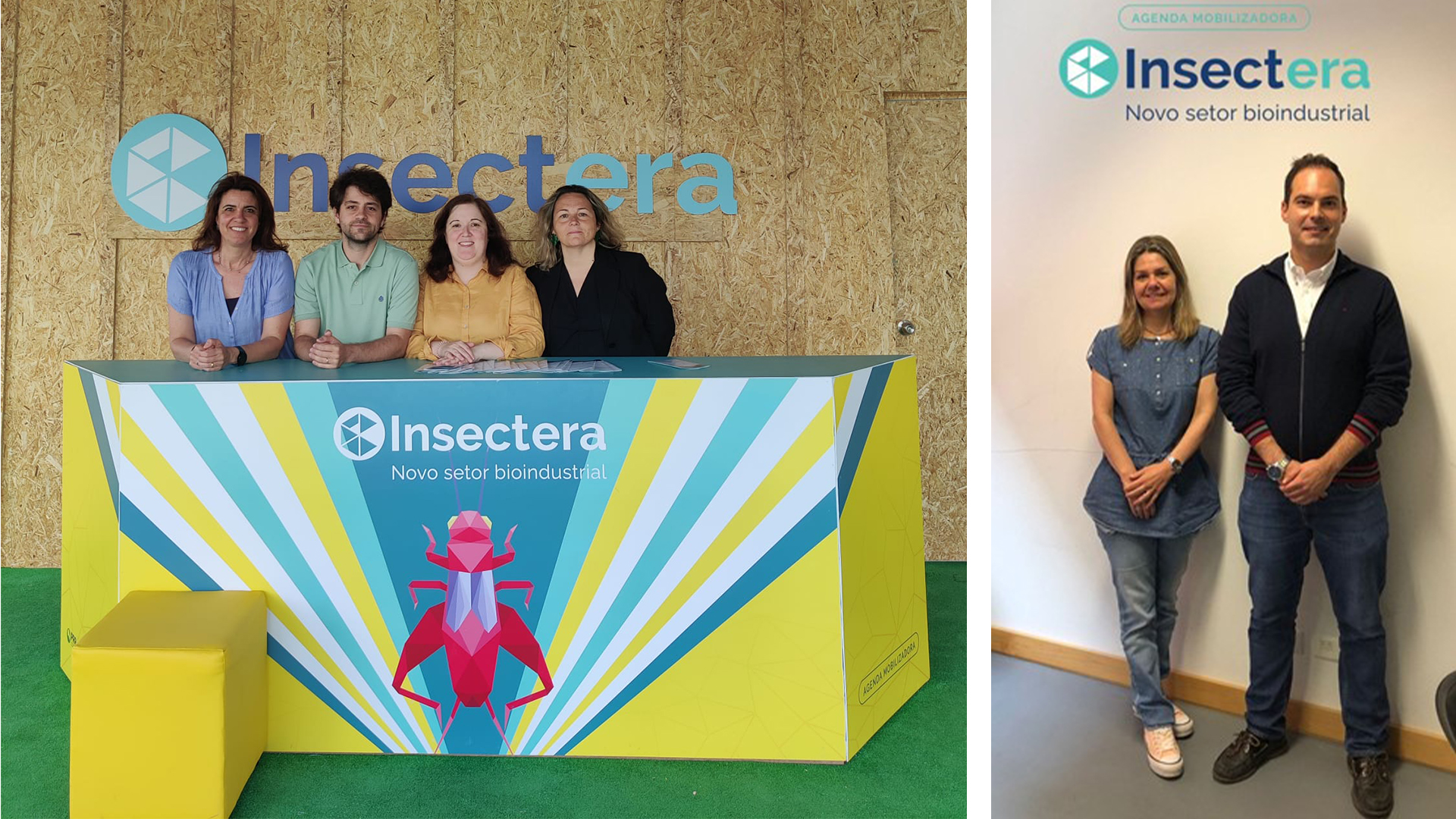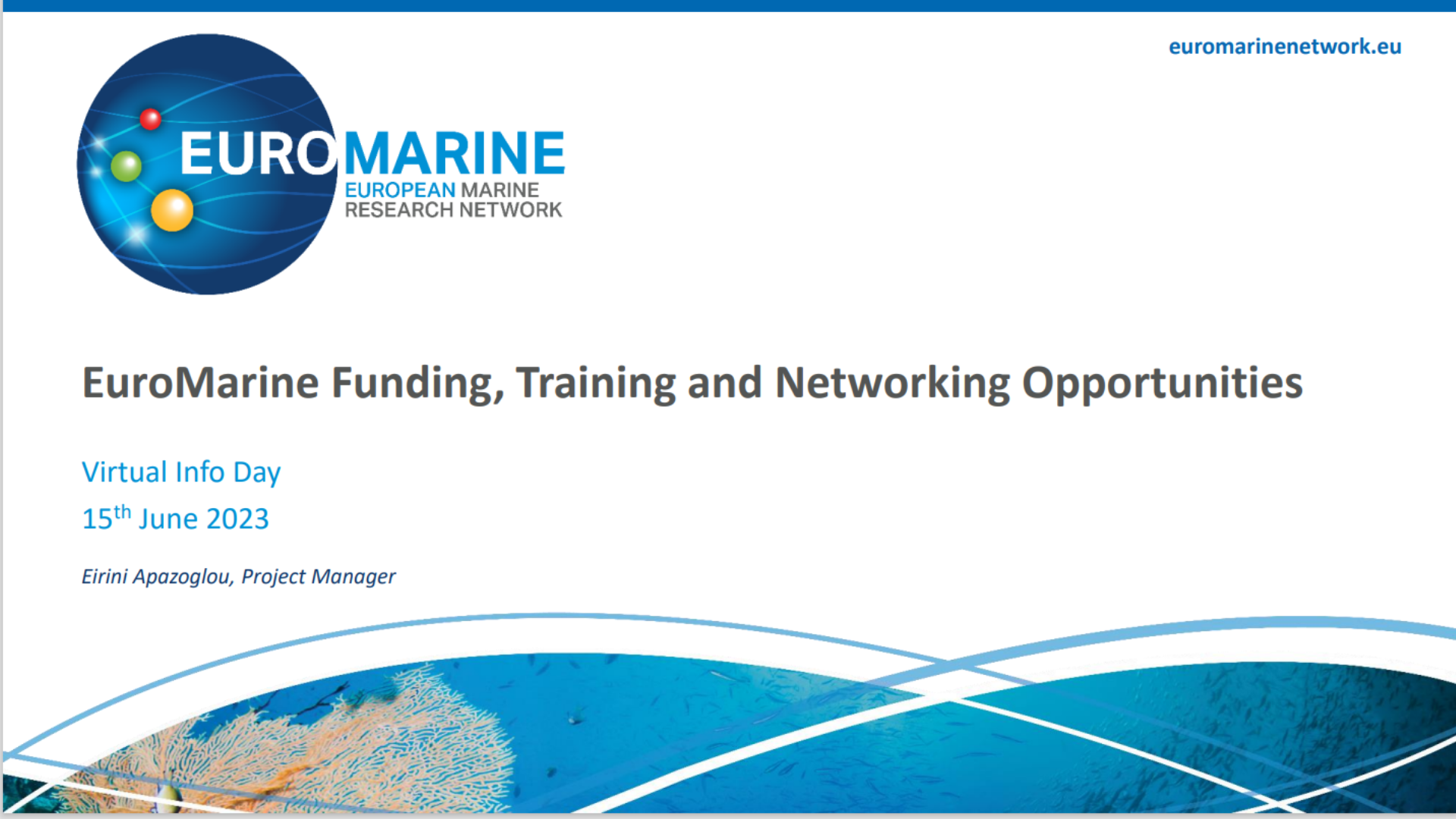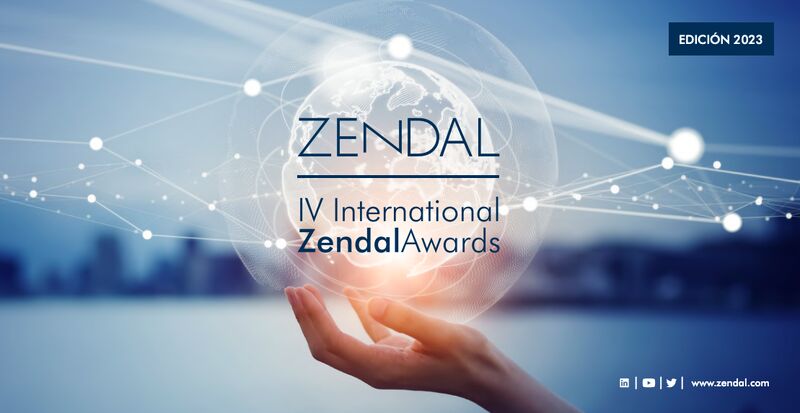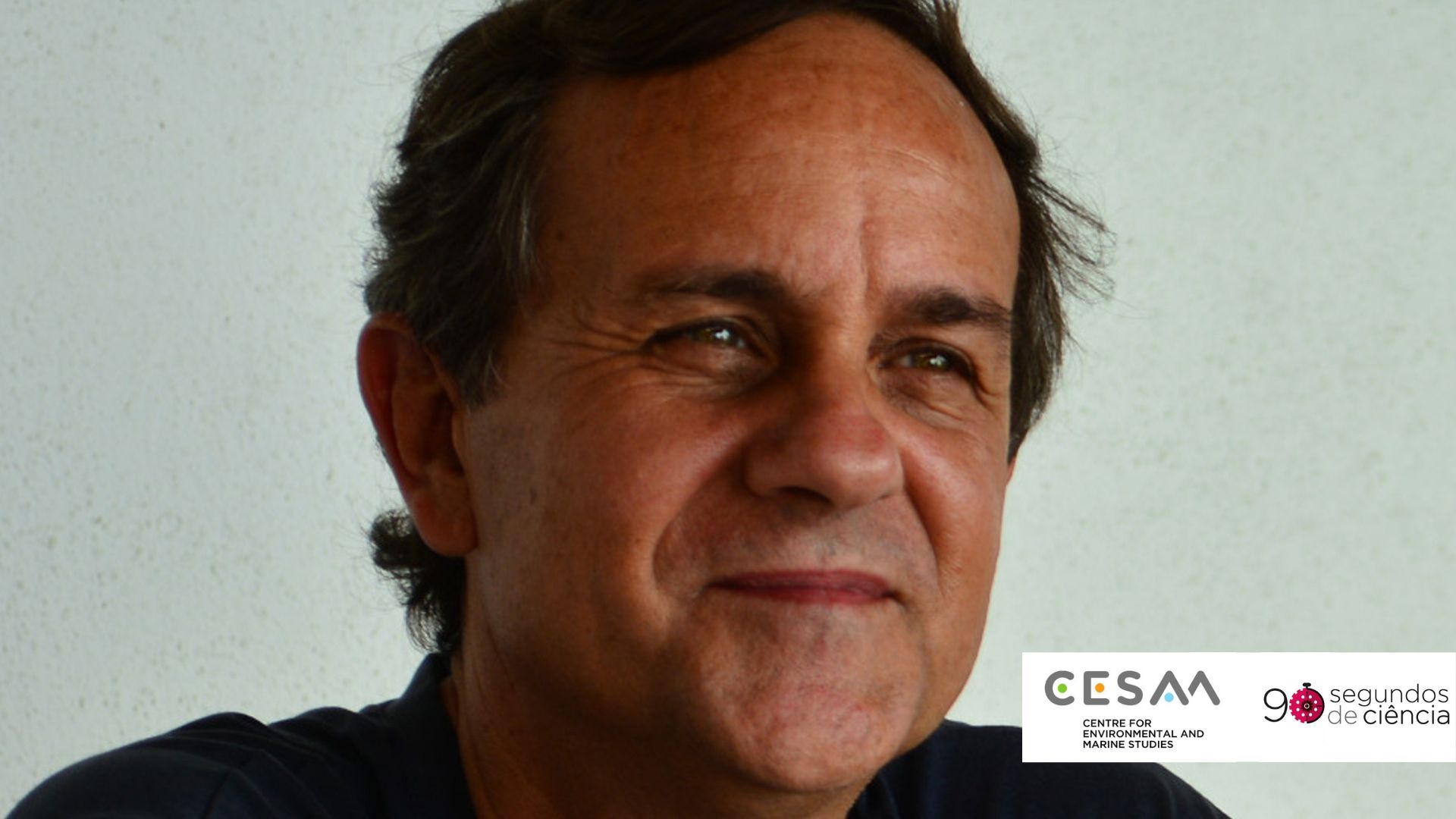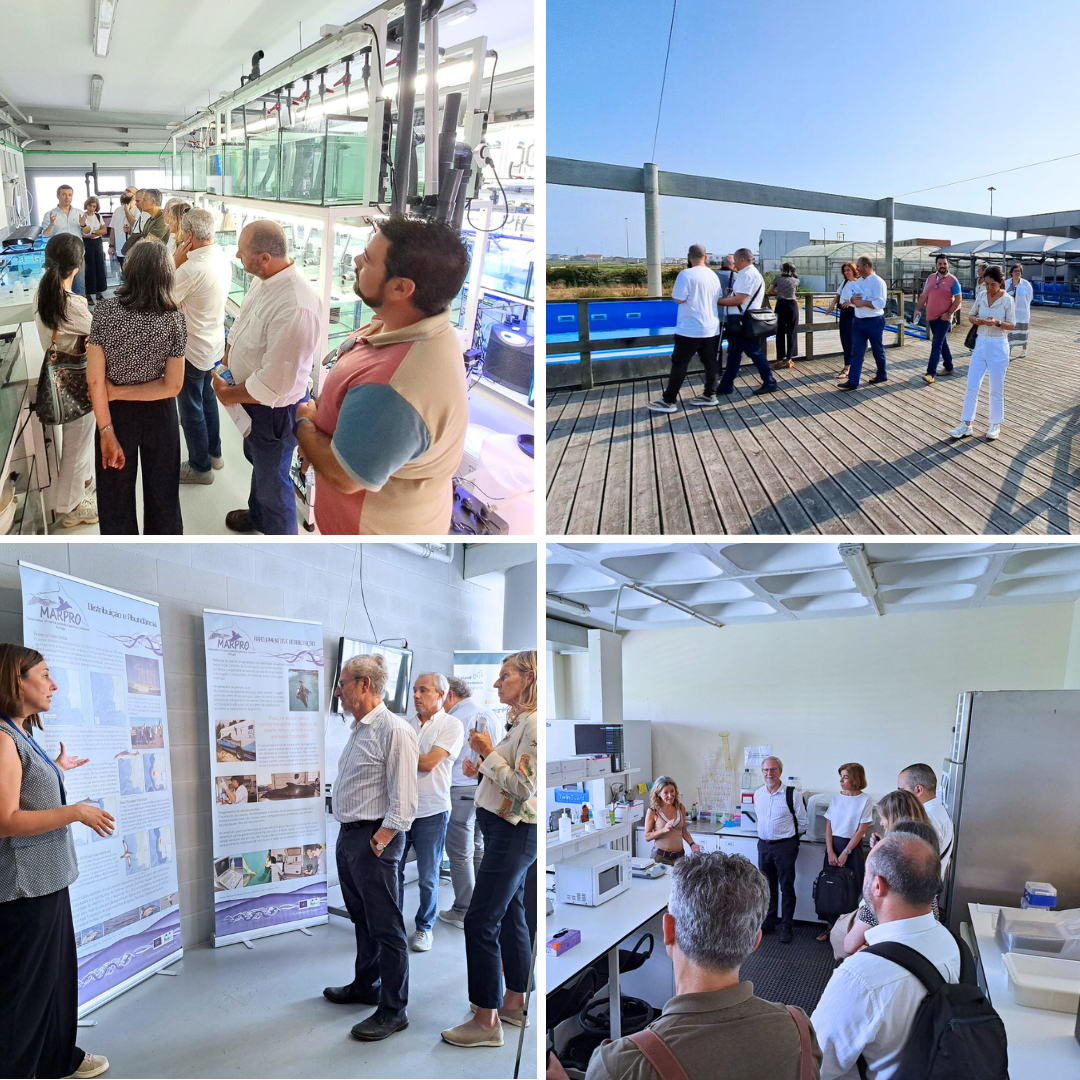On June 5th, during the 2023 National Agriculture Fair (Santarém), the closing and results presentation session of the NETA project (New Strategies in Wastewater Treatment) took place. The event featured the participation of researchers Rita Silva (CESAM/DBIO) and Diogo Cardoso (CESAM/DBIO).
The project was led by the company Ingredient Odyssey S.A., in partnership with the University of Aveiro (through CESAM), Agrotejo, the National Institute for Agrarian and Veterinary Research, the Polytechnic Institute of Beja, the Superior Technical Institute, and the Lusófona University. It was supported by ANI (National Innovation Agency) through co-promotion projects and co-financed by COMPETE2020, Lisboa2020, PORTUGAL2020, through the European Regional Development Fund (ERDF).
The NETA project brought together these seven institutions with a common goal: transforming an environmental threat, wastewater and effluents, into a source of nutrients and water resources that can be used for irrigation, fertilizers, and even new bioindustrial solutions. The aim was to turn national scientific knowledge into both business and environmental added value.
Throughout the project, the Chemical Precipitation Technique was applied in wastewater treatment, reusing the treated water for agricultural purposes in processes ranging from irrigation to aquaponics. The sludge generated in this process was treated by insects, particularly black soldier fly larvae (Hermetia illucens), transforming them into stable, odorless fertilizers ready for use in agricultural fields.
These insect larvae were also used in a biorefinery process, such as oil extraction for biofuels, cosmetics, and other chemical uses, and chitin was used to transform into chitosan, subsequently used in the creation of biodegradable bioplastics.
In a multidisciplinary framework, CESAM researchers, under the coordination of Susana Loureiro (CESAM/DBIO), were responsible for the ecotoxicological characterization of waters treated by the chemical precipitation technique (CPT), using different freshwater species such as the microalga Raphidocelis subcapitata, the microcrustacean Daphnia magna, and the zebrafish Danio rerio. They were also responsible for assessing the quality and health of soils after the application of residual sludge, analyzing the effects on the survival and reproduction of model species in ecotoxicology: the springtail Folsomia candida, the oligochaete Enchytraeus crypticus, and the dicotyledonous plant Brassica oleracea.
For more information about the NETA project, you can refer to this link.
